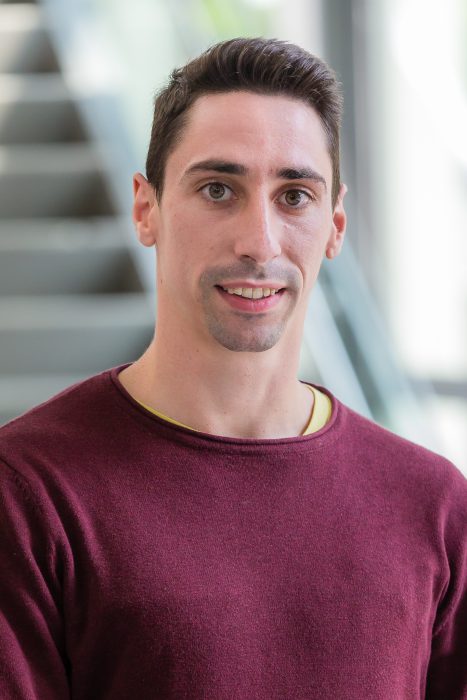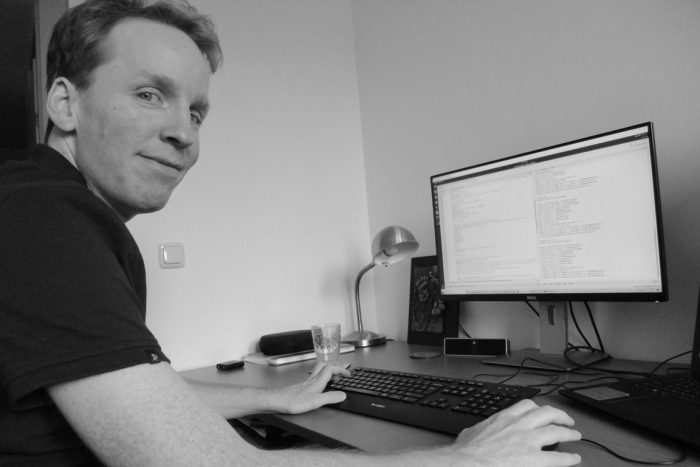My name is Dr. Vincent van Hees
I am committed to improving the quality of movement and sleep research.
I have been active in developing generic solutions for monitoring and evaluating sleep and movement since 2005. Initially via research around the reliability of modern accelerometers and how to estimate human energy expenditure from their output. Later, as creator and developer of GGIR, a widely used open source software for analysing accelerometer data. Together with fellow researchers all over the world I work on efficient, versatile, and reusable solutions.
Accelting contributes to improved insights into sleep and movement. In close collaboration with many researchers, I participate in numerous projects by providing training and advice or helping with the development of algorithms and software. To complement my expertise, I work with the following strategic collaborators.
Collaborators

Impact on science
My work has enabled researchers around the world with limited programming or analytical experience to analyse their own accelerometer data and successfully publish the results without my direct help. My consistent aim throughout the years has been to enable others to work without my support, which in turn has enabled me to focus on new developments.
Sleep detection without guidance by sleep diary
In a large number of studies, study participants are not asked to fill in a sleep diary while being recorded with an accelerometer. From a data analysis perspective this complicates the identification of the main sleep period per 24 hours. With funding support from the Medical Research Council in the UK and in collaboration with researchers at the University of Exeter I developed a sleep detection algorithm that identifies the boundaries of the main sleep period in a day. In combination with my earlier work on sleep episode detection, this algorithm facilitated the first ever genome-wide association study into sleep based on wearable sensor data from UK Biobank, Whitehall II study, CoLaus, and the Rotterdam study (publication).
Automatic calibration of accelerometer data
Despite calibration in the factory, accelerometers can come with calibration error when applied in a study. The magnitude of error can be as big as the magnitude of the signal we are interested in. Given that it is often not feasible to do an experiment again, it has been crucial to address this problem. Dr. Zhou Fang (at ActivInsights Ltd) and I developed an algorithm to derive correction coefficients from existing data without the need for additional experiments (publication). This algorithm has become a standard component for analysing accelerometer data in research and improves the comparability between studies and accelerometer brands.
Let’s talk...
and address your research challenges together.

